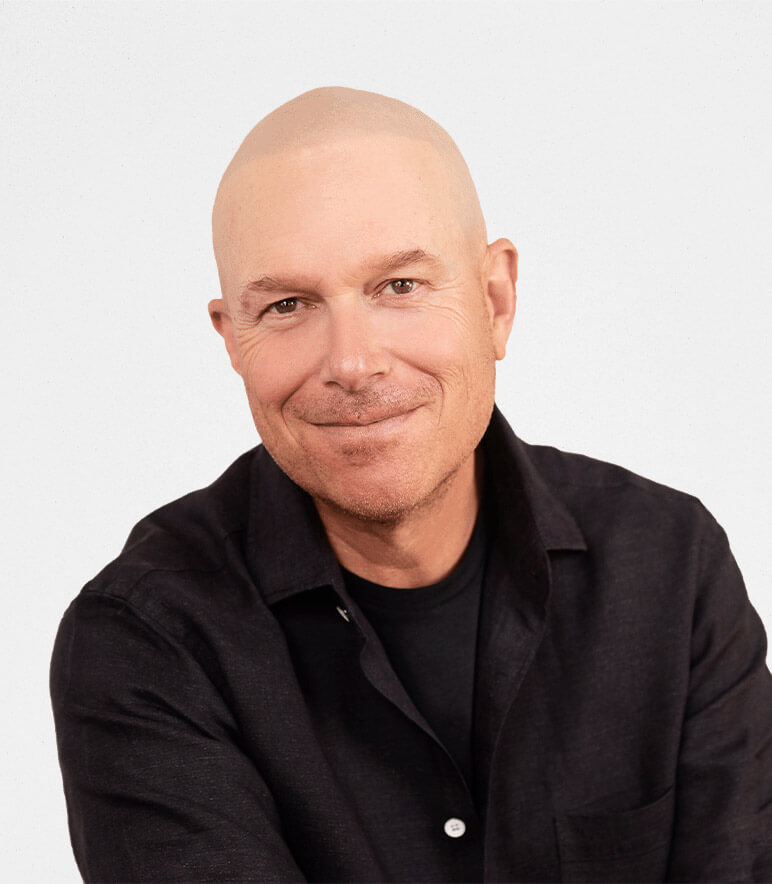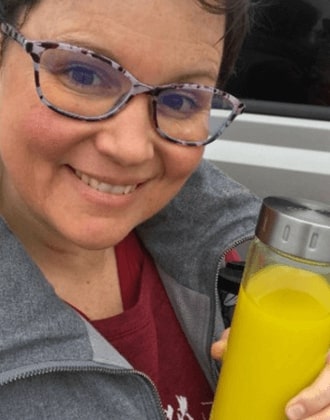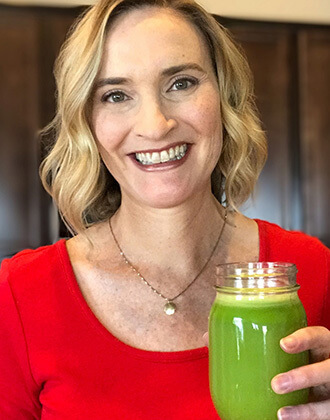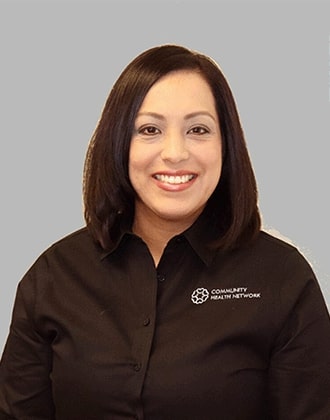We’re often asked, what does it take to be a great wellness coach?
All you need to do is nail these core competencies
There are many articles out there about becoming a wellness or holistic health coach, but there are very few on how to become a great one.
Being good at something usually doesn’t come naturally to someone (yes, I know there are always exceptions to the rule).
Generally, you must put in the work and master some core actions to get positive outcomes. That is with everything…from being exceptional at a sport to dominating a job like a pro.
To be an extraordinary wellness or holistic health coach, you need to have a few core competencies to make a difference in a person’s life. They are – being able to deliver growth-promoting relationships, elicit self-motivation, develop the capacity to change, and facilitate change.
But how do you do those things? What types of skills do you need in your coaching toolbox to achieve those things to help people change? Because if you are not helping them change, you are not doing your job, right?
Let’s go through these competencies to enable change and how you can achieve them.
Provide a growth relationship
To develop a growth-focused relationship, you need to build rapport and trust with your client and give them the tools and skills to grow. How is this done?
Wellness coaches need to create a presence that demonstrates authenticity, vulnerability, courage, humor, and vibrancy. You need to show your client through your actions – not just your words.
You must follow through on what you say. Why would anyone else do what you ask of them if you can’t or won’t keep your word to yourself or others?
Although some people say they love being told what to do…the reality needed for change is different. A top-down expert approach rarely promotes long-term sustainable change that develops a person’s autonomy and personal responsibility. You need to be the coach that is a partner and ally in their wellness journey.
Communication is critical in this competency and takes time and needs to be developed. It is not just a one-off first session requirement. Create an environment where it is OK to ask questions, give reflections, and reassessments of needs and goals throughout the process.
Promote Self-Motivation
Easier said than done, right? Go back to your wellness coaching roots. To develop self-motivation, you need to clarify and build on the client’s WHY for optimal wellness. Work on increasing hope and optimism by reinforcing the vision and creating a realistic plan to improve lifestyle behavior.
Enhance the capacity to change
Everyone can change, but it is hard…particularly if there are multiple behaviors and beliefs that are holding the client back. Develop ways to increase the self-efficacy around sustainable lifestyle change and focus on generating positive emotions around the process and the outcome. Also, look at ways of developing and encouraging a person’s resilience.
Enabling the process of change
Enabling sounds like such a dirty word…but it isn’t. It is your job to facilitate a step-by-step change process for your client, so they can implement new behaviors, track their outcomes and adopt them over the longer term. You need to strategize through the barriers and navigate the challenges that inevitably come up, whether client or life produced. Show them how to harvest the good from mistakes and the process of failing quickly so they can bounce back from the inevitable setbacks that will come their way.
These are the core competencies needed to make an exceptional wellness coach. Find your own way to exude and implement these to facilitate optimal health and well-being in your clients.











